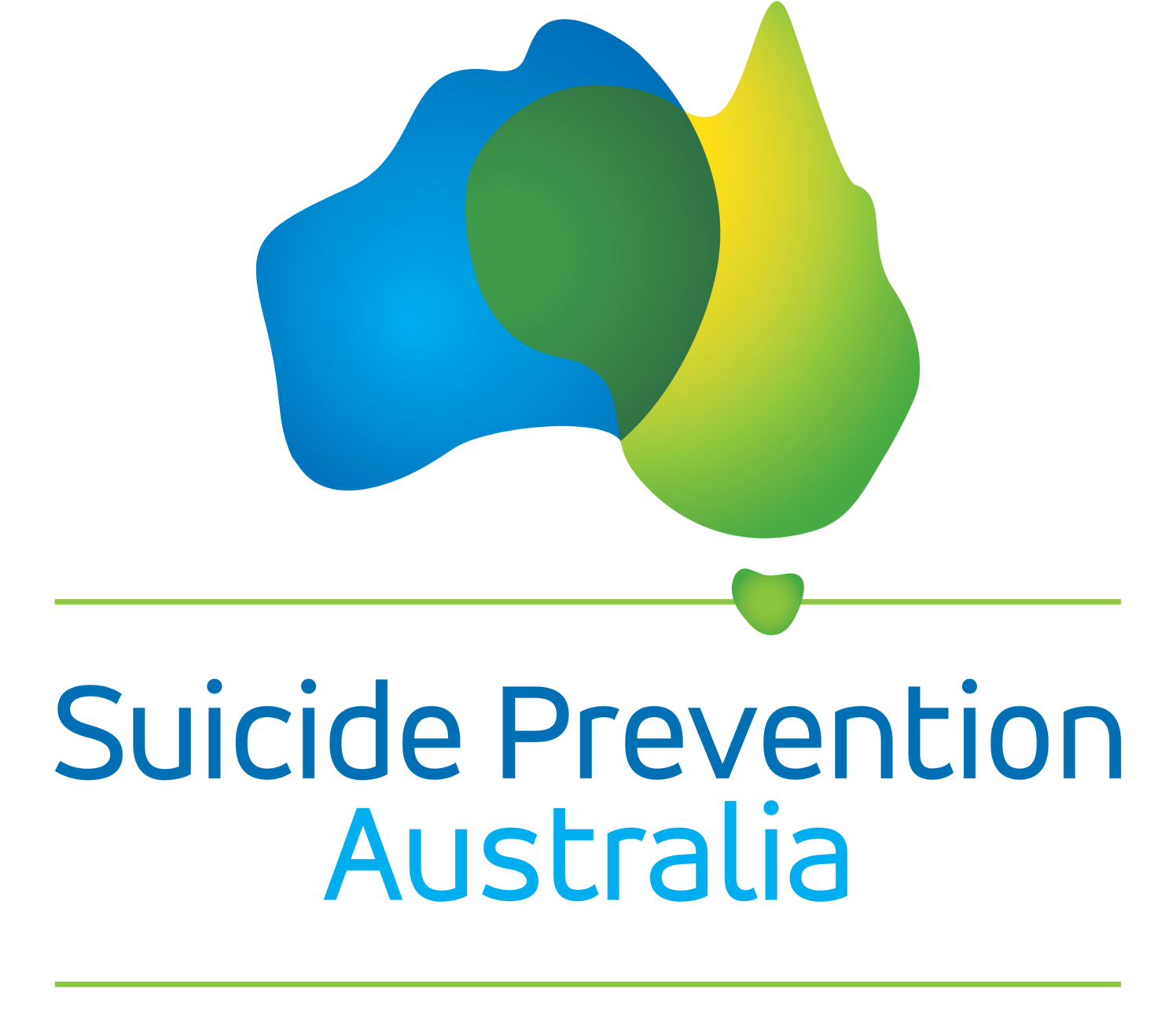The gap in cost-of-living and personal debt distress between ‘middle-age, middle-wage’* workers and middle-income retirees has tripled in the past 12 months, the latest Suicide Prevention Australia Community Tracker reveals, ahead of today’s Reserve Bank meeting.
While suicidal behaviors were six-times higher amongst ‘middle-age, middle-wage’ workers (27%) than their middle-income retiree’ (5%) counterparts, the Suicide Prevention Australia Community Tracker found.
More-than half (54%) of Australia’s ‘middle-age, middle-wage’ workers reported elevated distress due to cost-of-living and personal debt in the December 2023 quarter, compared to 42% (+12pp) this time last year. This contrasts with a sharp decline in distress due to cost-of-living and personal debt felt among retirees** from 30% to 21% (-9 pp).
Nationally, elevated ‘cost-of-living and personal debt’ distress for all Australians increased from 41% to 46% (+5pp) in the past 12 months.
Suicide Prevention Australia, CEO, Nieves Murray said, “Our data shows many Australians are doing it tough right now. However, our findings also confirm ‘middle-age, middle- wage’ workers are carrying a greater share of the economic burden at a time in their lives when they’re at peak productivity and heightened risk of suicide.
“It’s critical for policy and economic decision makers to address this urgently, including by sharing messages of hope that there is light at the end of the tunnel.
“The horse has bolted and there is no time to waste. The Federal Government must introduce a national suicide prevention act now,” said Ms Murray.
The Suicide Prevention Australia Community Tracker findings include:
- Over nine in ten (92%) Australians believe that social and economic circumstances will still pose a significant risk to suicide rates in Australia this time next year.
- Over a quarter (27%) of Australians know someone in their personal life or networks, who has died by or attempted suicide either directly (17%) or indirectly (13%).
Nieves Murray said, “This time of the year can pose increased personal stressors in the community, such as heightened financial pressures, increased family conflict, loneliness and isolation or the grief of having lost a loved one.
“Family dynamics can be challenging enough for many Australians at Christmas without adding in cost-of-living distress.
“I’d encourage Australians to take time out to plan for how they will cope with challenges over the coming weeks and consider whether they – or someone they know – might need additional support.
“Take some time to check in on friends, family, work colleagues; it might just make all the difference for some.
“A simple phone call, a coffee-catch up or sending a letter could well be a very big thing in the lives of those who are feeling disconnected or weighed down by financial pressures.
“We can never underestimate the impact that every life lost to suicide has on family, friends, workplaces and the broader community.
“If you or someone you know is struggling, please reach out for help,” said Ms Murray.
ENDS.
About the Tracker
The Suicide Prevention Australia Community Tracker is undertaken in partnership with YouGov Australia. Total sample size was 1035 adults. Fieldwork was undertaken between 16th – 20th November 2023. The survey was carried out online. The figures have been weighted and are representative of all Australian adults (aged 18+).
Background
*Middle-age, middle-wage’ workers – those aged 35-49 years earning a household income of $50k-$150 in Australia.
**Retirees (50 years +; $50k-$150k) from 31% to 21% .
To get help 24/7, phone Lifeline on 13 11 14 or the Suicide Call Back Service on 1300 659 467. If you or someone you know are in immediate danger, phone 000 for emergency services.
Help to report about suicide safely is available online: Go to https://mindframe.org.au/
Media enquiries:
Tom Anderson 0409 718 271 or toma@suicidepreventionaust.org
Clare Kinsella 0427 689 689 or clarek@suicidepreventionaust.org
About Suicide Prevention Australia
Suicide Prevention Australia is the national peak body and we’ve been providing support for Australia’s suicide prevention sector for more than 25 years. We support and advocate for our members to drive continual improvement in suicide prevention policy, programs and services. Our reach is broad, including member organisations, governments, businesses, researchers, practitioners and those with lived experience. We are focused on an integrated approach to suicide prevention encompassing mental health, social, economic and community factors. We believe that through collaborative effort and shared purpose, we can achieve our vision of a world without suicide.
